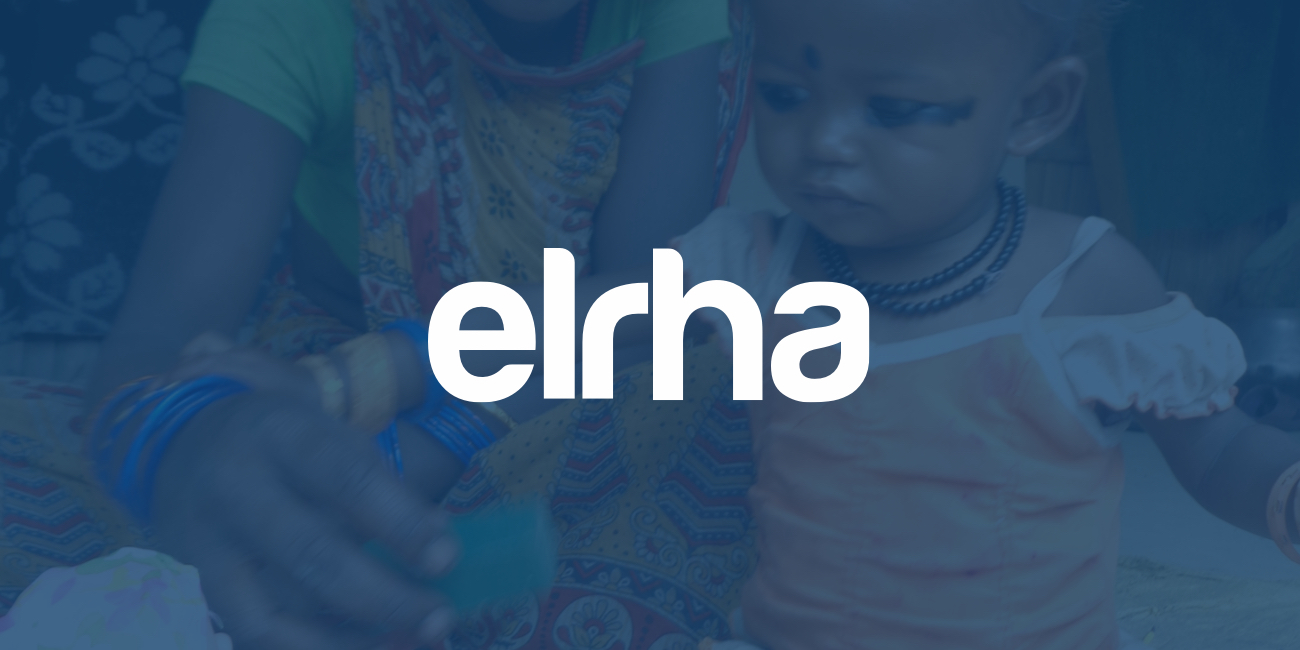Monitoring Impact Of Energy

In June 2018 Dave Mozersky and Sherwin Das from the Energy Peace Partners visited the internally displaced persons (IDP) camp in Malakal, South Sudan, as part of an ongoing effort to build a large solar-battery system in the camp’s “Humanitarian Hub.” Run by the International Organisation for Migration (IOM), the Hub houses the various humanitarian NGOs and UN agencies that operate in the camp and immediate region. The Malakal IDP camp is a Protection of Civilians (POC) site, one of a handful in South Sudan that sit inside the fence of the UN Peacekeeping Mission (UNMISS) base, with the IDPs protected by UN peacekeepers.
Formerly a booming regional capital, the city of Malakal has been destroyed and depopulated since a new civil war began in late 2013, having been attacked at least a dozen times by both government and opposition forces. Although the area has been calmer in 2018, at the time of our visit there were still roughly 30,000 IDPs living in the IDP camp.
South Sudan is the least electrified country in the world, and the ongoing civil war has deterred new investment or development. The limited energy generation in the country comes mostly from small-scale on-site generators, which run on imported diesel. Since Malakal IDP camp sprang up in early 2014, humanitarian activities and the accompanying Humanitarian Hub have been powered exclusively by diesel generators. Much of the diesel coming to Malakal over this period has had to be flown in due to insecurity, making for some of the highest energy costs in the region.
Since 2016 there have been efforts to bring renewable energy to Malakal’s Humanitarian Hub and other POC sites in the country, but progress has been slow. IOM’s planned new solar-battery system for the Humanitarian Hub would provide cheaper and cleaner energy for the humanitarian agencies, and create a new long-lasting energy system just 3km’s away from the destroyed capital city. Building such a system today can also create a future peace dividend and a building block for peace.
Our June visit came as part of a partnership with Kube Energy, a Norwegian renewable energy company that had been selected by IOM to build the solar-battery system in Malakal. The project would break new ground in a few ways: First, Kube and IOM were in discussions on a multi-year solar lease, involving private sector investment financing the project. Multi-year leases are common for private sector solar projects, but this would have been the first renewable energy lease for a UN agency. Second, our organization, Energy Peace Partners, was looking at the Malakal project to pilot Peace Renewable Energy Credits (PRECs). PRECs are a new financing mechanism we have been developing to help support renewable energy in conflict affected settings. We are also partnering with Kube to conduct the Monitoring and Evaluation on the project, with an eye towards capturing lessons to enable other humanitarian actors to transition to renewable energy in their field missions.
Unfortunately the project plans were delayed over the summer, though conversations are ongoing between Kube and IOM. We are hopeful that 2019 will bring good news for renewable energy in South Sudan, as a new tool for peace and development in the country.
Stay updated
Sign up for our newsletter to receive regular updates on resources, news, and insights like this. Don’t miss out on important information that can help you stay informed and engaged.
Explore Elrha
Learn more about our mission, the organisations we support, and the resources we provide to drive research and innovation in humanitarian response.


.png)